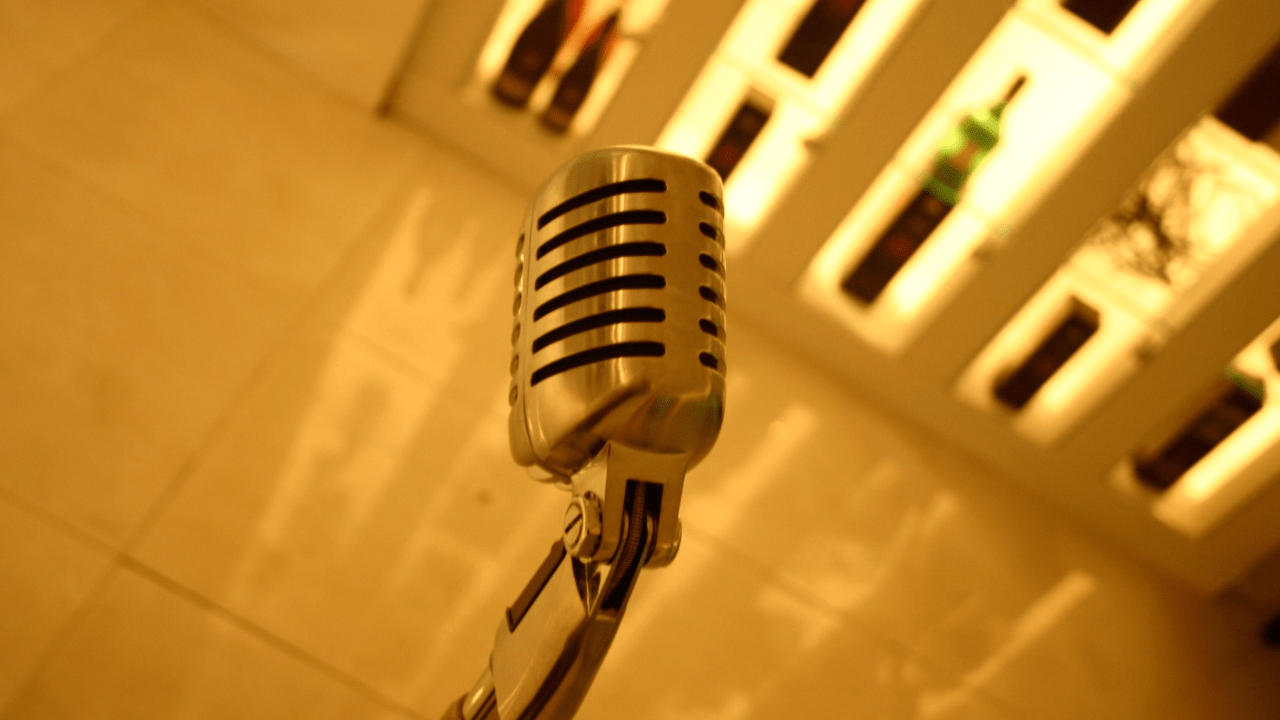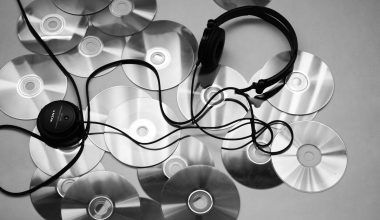Whether you’re a podcaster, singer, or content creator, having the best mic for voice recording is essential. Clear audio is critical for engaging audiences, and choosing the right microphone can make all the difference.
In this blog, we’ll explore the top microphones for voice recording, including dynamic, condenser, and USB mics. From beginner-friendly options to professional-grade picks, this guide covers everything you need to find your perfect mic.
Why Choosing the Best Mic for Voice Recording Matters
A high-quality microphone:
- Enhances Clarity: Captures every nuance of your voice.
- Reduces Background Noise: Filters out unwanted sounds.
- Improves Professionalism: Gives your recordings a polished, studio-quality sound.
- Saves Time: Reduces the need for excessive editing.
Types of Microphones for Voice Recording
Understanding microphone types helps you make the best choice for your needs.
1. Dynamic Microphones
Dynamic mics are durable and handle loud sounds well. They’re great for live performances and voiceovers.
- Pros:
- Robust and long-lasting.
- Less sensitive to background noise.
- Ideal for untreated rooms.
- Cons:
- May lack detail compared to condenser mics.
- Popular Models:
- Shure SM58
- Electro-Voice RE20
2. Condenser Microphones
Condenser mics are sensitive and capture a wide range of frequencies, making them ideal for studio recordings.
- Pros:
- High sensitivity for detailed sound.
- Excellent for vocals and acoustic instruments.
- Broad frequency response.
- Cons:
- More prone to picking up background noise.
- Requires phantom power.
- Popular Models:
- Audio-Technica AT2020
- Rode NT1-A
3. USB Microphones
USB mics are plug-and-play solutions, perfect for beginners and remote workers.
- Pros:
- Easy to set up and use.
- No need for additional equipment.
- Budget-friendly.
- Cons:
- Limited sound quality compared to XLR mics.
- Popular Models:
- Blue Yeti
- Samson Meteor Mic
Top Picks: Best Mic for Voice Recording
1. Shure SM7B
The Shure SM7B is a legendary microphone used by professionals for podcasts, vocals, and broadcasts.
- Features:
- Flat, wide-range frequency response.
- Excellent noise rejection.
- Built-in pop filter.
- Best For: Podcasts, vocals, and studio work.
2. Blue Yeti
The Blue Yeti is a versatile USB mic suitable for various recording scenarios.
- Features:
- Multiple polar patterns (cardioid, omnidirectional, bidirectional).
- Simple USB connection.
- Adjustable gain control.
- Best For: Beginners, content creators, and gamers.
3. Audio-Technica AT2020
A budget-friendly condenser mic that delivers professional-quality sound.
- Features:
- Wide dynamic range.
- High SPL handling.
- Lightweight and portable.
- Best For: Vocals, streaming, and voiceovers.
4. Rode NT1-A
Known for its ultra-low noise level, the Rode NT1-A is a favorite among vocalists.
- Features:
- Exceptional clarity.
- Durable construction.
- Comes with a shock mount and pop filter.
- Best For: Studio vocals and acoustic recordings.
How to Choose the Best Mic for Voice Recording
1. Consider Your Purpose
- Podcasts and Streaming: USB mics like Blue Yeti are convenient.
- Professional Studio Recording: Go for a condenser mic like the Audio-Technica AT2020.
- Live Performances: Dynamic mics like Shure SM58 excel.
2. Evaluate Your Environment
If you record in a noisy or untreated room, opt for a dynamic mic. For treated spaces, a condenser mic will provide better sound quality.
3. Budget
Determine your budget and choose a mic that offers the best value. USB mics are more affordable, while XLR mics provide higher quality.
4. Additional Equipment
Condenser mics often require an audio interface and phantom power. Make sure to account for these additional costs.
Tips for Getting the Best Results
- Use a Pop Filter: Reduces plosive sounds like “P” and “B.”
- Maintain Proper Mic Positioning: Place the mic 6-12 inches away from your mouth.
- Control Room Acoustics: Use foam panels or blankets to minimize echo and noise.
- Check Levels: Avoid clipping by setting the correct input gain.
Accessories to Enhance Voice Recording
- Shock Mount: Isolates the mic from vibrations.
- Boom Arm or Stand: Keeps the mic steady and at the right height.
- Headphones: Helps monitor your recording in real-time.
- Audio Interface: Essential for XLR microphones.
Final Thoughts
Finding the best mic for voice recording depends on your specific needs, budget, and recording environment. Whether you’re a podcaster, vocalist, or gamer, investing in the right microphone can elevate your sound quality and professionalism.
From dynamic mics like the Shure SM7B to budget-friendly options like the Blue Yeti, there’s a microphone out there for everyone.
Related Articles:
For further reading, explore these related articles:
- Vocal Recording Tips: Perfect Your Sound with Expert Guidance
- Best Recording Microphones for Singing: Find Your Perfect Mic
For additional resources on music marketing and distribution, visit Deliver My Tune.





